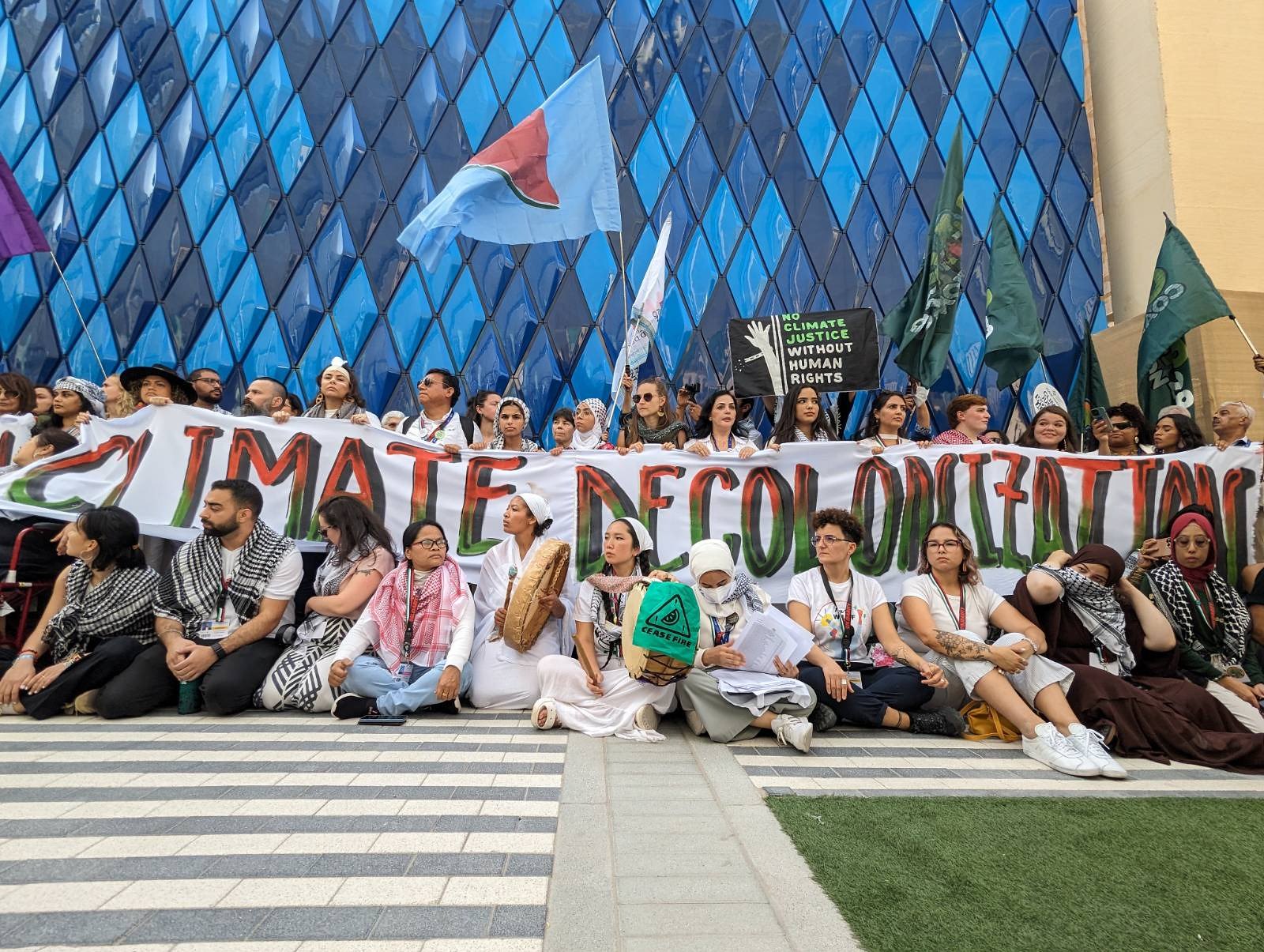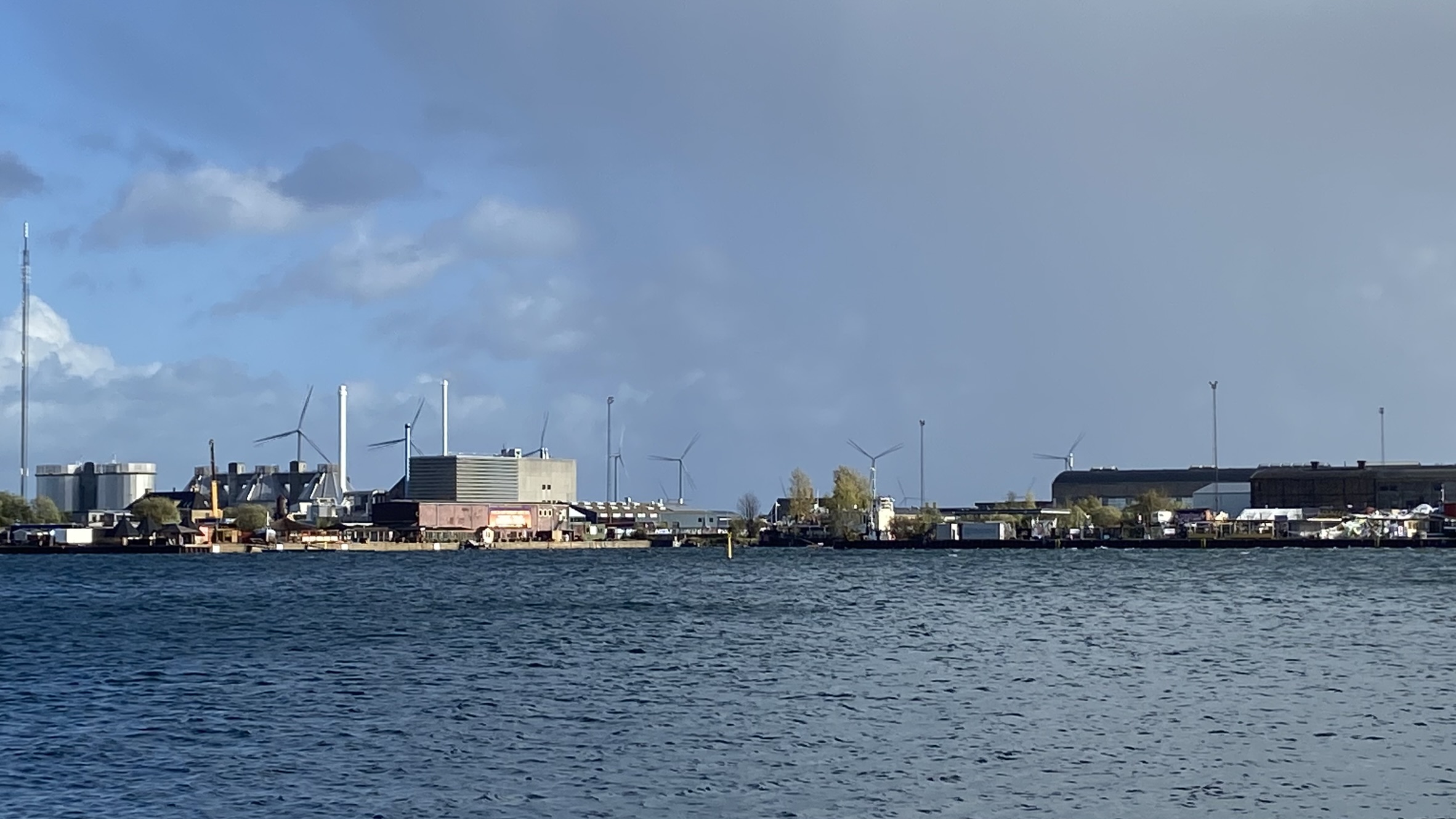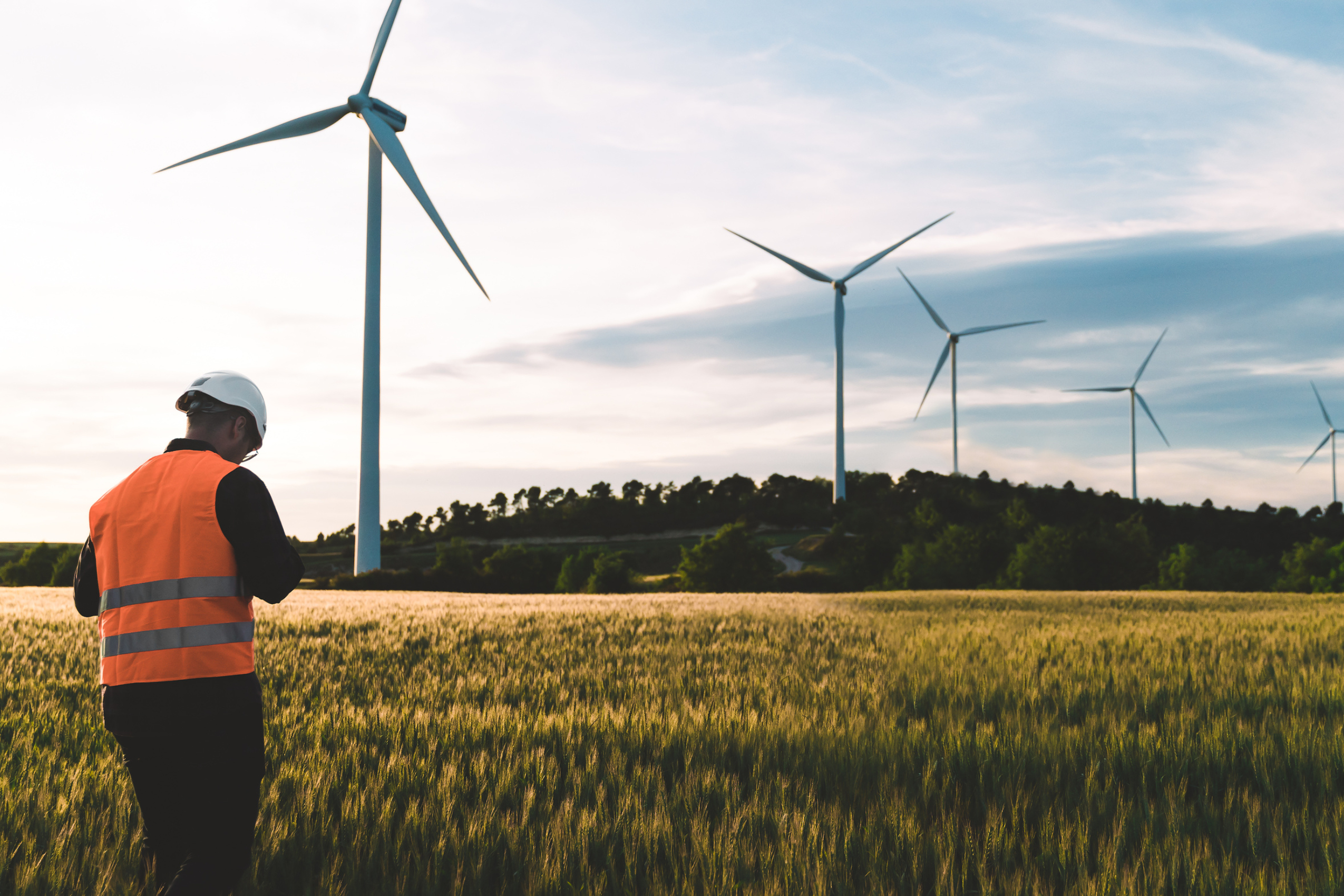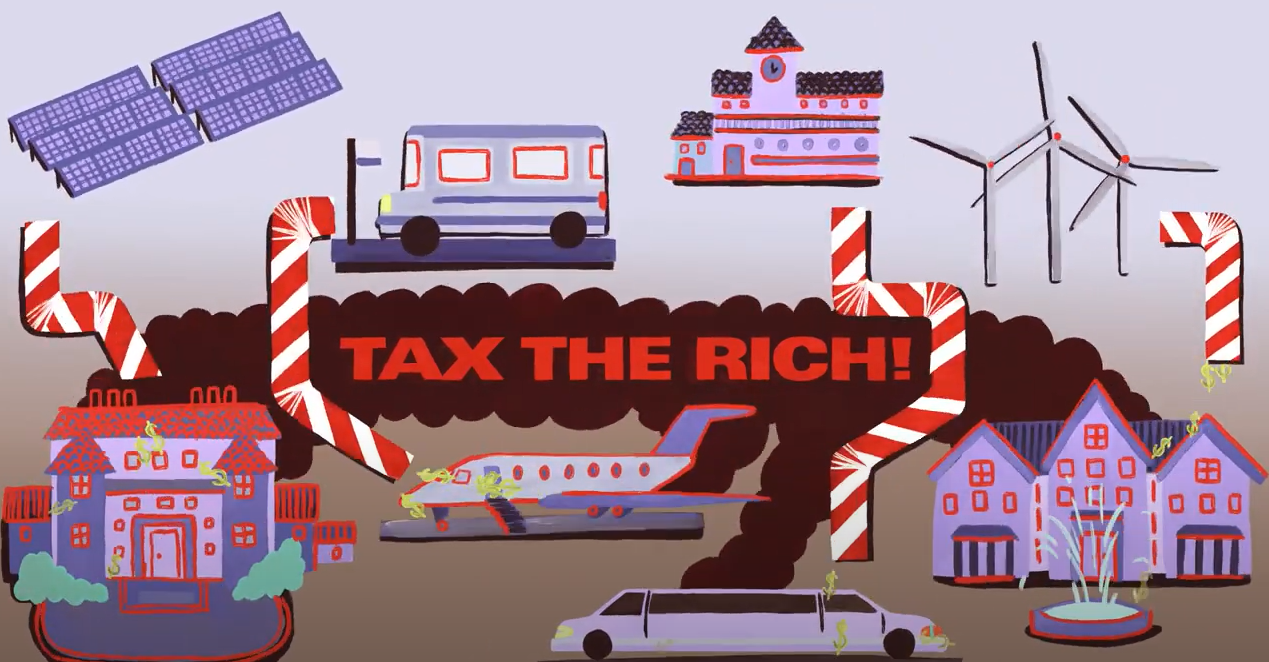The energy system reflects the crises and contradictions of capitalism. Fossil fuels continue to dominate the global energy system, raising atmospheric carbon dioxide to alarming levels. Oil, coal, and natural gas companies use their economic clout to advance an extreme energy agenda, accessing previously out-of-reach energy resources through dangerous and polluting methods such as fracking, deep-water drilling, and processing the tar sands. Despite record levels of extraction, 1.5 billion people remain without access to electricity.
Clearly, an energy transition is needed to avert environmental catastrophe. But what form should this transition take? In public discourse, the onus is all too often placed on individuals to change their behavior, as though personal choices are primarily responsible for CO2 emissions. But these so-called solutions don’t even hold up to common sense—while scientists tell us that civilization is in danger of collapse, the proposed response is: change your light bulbs.
A collective response, then, is necessary, but this response can take multiple forms. Green capitalism, for instance, proposes leaving existing economic relations in place and “envisions” market-based solutions to a crisis caused by the market in the first place. The “Green New Deal” takes up a center-left spirit of compromise, attempting to green the economy to the benefit of all people, but without overtly disrupting existing power relations. Given the severity of climate change, we see neither of these approaches as adequate to the challenges we face.
If we are to prevent catastrophic climate change while more fairly distributing the benefits of energy resources, a just, sustainable, and democratic energy transition is needed. To this end, the Rosa Luxemburg Stiftung is committed to working on socio-ecological transformation. For instance, RLS–NYC has helped launch the Trade Unions for Energy Democracy initiative, while RLS Brussels, in cooperation with the University of Vienna and the Renner Institute, organized a conference, which convened Latin American and European representatives of social movements, political parties, foundations, and academia to share their experiences and assessments of energy transition. In this report, seminar participants describe their local energy struggles and discuss the requirements for a socio-ecological transformation the Left has to come to terms with.



